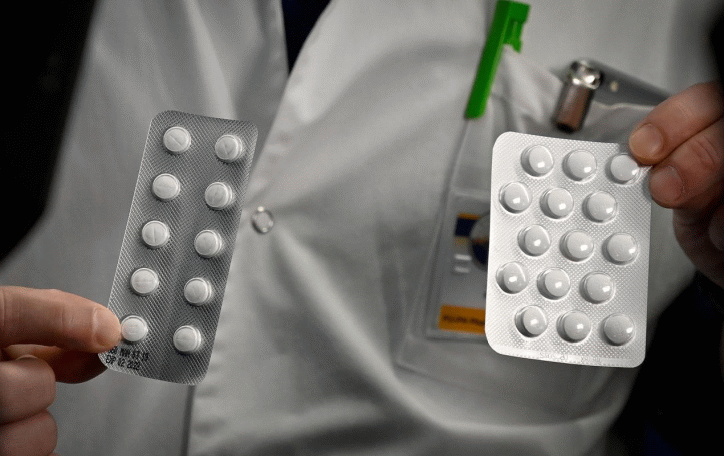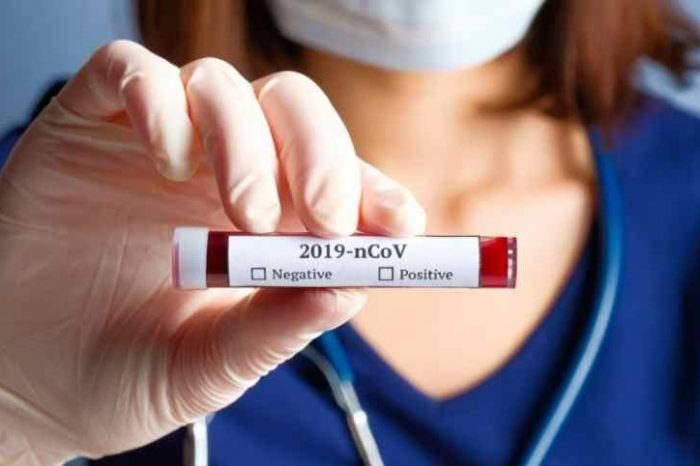65 Percent of U.S. Physicians in New Survey Would Give Hydroxychloroquine to Their Own Family to Treat COVID-19

Sixty-five percent physicians across the United States said they would prescribe the anti-malaria drugs chloroquine or hydroxychloroquine to treat or prevent COVID-19 in a family member, according to a new survey released by Jackson & Coker, one of the country’s largest physician staffing firms. Only 11 percent said they would not use the drug at all.
Meanwhile, 30 percent of the surveyed doctors said they would prescribe the medications to a family member prior to the onset of symptoms if they had been exposed to COVID-19, a highly contagious virus that causes a pneumonia-like infection of the lungs.
“Working in healthcare, we’ve learned the best way to get a candid perspective on treatment options from a physician is to ask: ‘Would you give this to your family?'” said Tim Fischer, President of Jackson & Coker. “Families across the U.S. – and the world really – want to know what they can do to protect and save their loved ones.”
Jackson & Coker conducted the survey of 1,271 physicians from 50 states from April 4 to April 7. It conducted the survey not to influence the debate in treating patients with anti-malarials but to make sure the voice of physicians is represented. It has a margin of error of +/- 3 percent with a 95 percent confidence level of the doctors surveyed.
Chloroquine and hydroxychloroquine have been on the market for many years and treat several different forms of malaria. Hydroxychloroquine, however, is also used to treat lupus and rheumotoid arthritis. The two anti-malaria drugs were given emergency approval for off-label usage by the Food and Drug Administration last week to treat COVID-19.
Assuming there were no clinical contraindictions, physicians were asked if they would prescribe or have another doctor prescribe either chloroquine or hydroxychloroquine off label if a family member developed symptoms of COVID-19. While 54 percent responded yes, another 11 percent said they would if the disease became serious. Twenty-four percent said they would need more data to decide; another 11 percent said they would not prescribe it.
Among the specialties most willing to utilize the anti-malarials were anesthesiologists, surgery subspecialists, physicians in diagnositic medicine, women’s medicine, internal medicine and hospital-based medicine.
Physicians who were more cautious and wanted more data about using the anti-malarials to treat COVID-19 tended to be doctors under the age of 45, academics and those who practice medicine in a healthcare system.
Among hotspots states where there are the highest per-capita cases of COVID-19, physicians in New Jersey, Louisiana, Washington and Michigan showed the greatest support for usage of the medication for a family member or themselves. In New Jersey, for example, 77 percent of doctors said they would prescribe for a family member early in an illness. In New York, 53 percent of doctors said they would prescribe for a family member. In Louisiana, 69 percent said they would prescribe for a family member, and 60 percent of doctors in Michigan said they would prescribe for a family member.
Jackson & Coker also found that 67 percent of surveyed physicians said they would take the medications themselves to treat COVID-19. Fifty-six percent said they would take the anti-malarial if they displayed symptoms, and another 11 percent said they would take the medications if they got very sick from the virus.
“When a medical crisis like this emerges, the voice of physicians needs to be heard. Their insight is powerful for families faced with uncertainty,” Fischer said.

